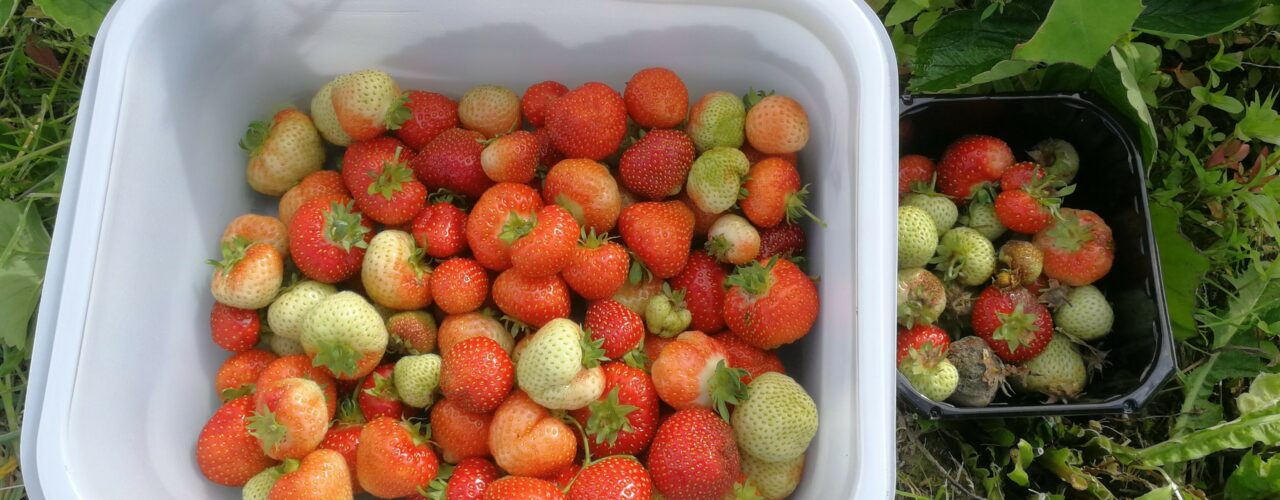
Ozonated water as treatment against Botrytis in strawberry - OzO-bOt
Several berry producers struggle with significant damage caused by fungal diseases. Are there any measures that can control such diseases without leaving behind unwanted residues?

In Møre and Romsdal County berries are grown on more than 100 ha. whereof strawberry is the major type of berries. In Norway it is grown strawberries on about 1 300 ha. The fungal disease Botrytis may cause reduced yields and quality losses on strawberries all over the world. Therefore, in conventional berry production, significant amounts of pesticides are used to control the disease. For organic production of berries there are few measurers to help, thus this contribute to hold back the development of organic production. In this project we will test if treatment of strawberry plants with ozonated water can control development of Botrytis. Ozone is a strong oxidizing agent that break down viruses, bacteria and fungal pathogens. Half lifetime of ozone (O3) dissolved in water is 20-30 min og the residues are clean O2. In a pre-project (2017) where we treated strawberry plant with ozonated water we got promising results on controlling Botrytis in a field test. Now we will do more thorough experiments to document the effect of ozone on disease development. We will also test new technology which make the ozone more stable when dissolved in water before application on the plants. The filed experiments will take place in Valldal.

